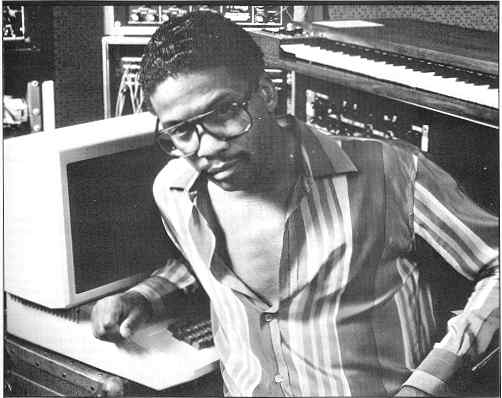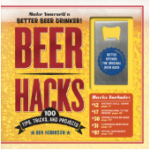
When I use a computer to make music, it’s as if I have a partner—one that acts in a very logical way and appears to function like a human brain. The interaction causes a strange relationship. The computer gives me answers quickly and makes no mistakes. If I give it data that doesn’t fit into what it can do, I say: “It doesn’t like that.” Or when it pauses, I tell myself: “It’s thinking.” There is definitely an intellectual challenge to make the computer do what I want. I have to communicate with it in a very specific way.
I use a Fairlight computer to create sounds I can’t get any other way. I can digitize sounds from actual instruments and then modify their waveforms on the screen with a light pen. This doesn’t mean I intend to turn my back on traditional acoustic instruments. I’ll continue to play acoustic as well as electronic keyboards, because every instrument has its own touch, texture and nuance. It’s just that synthesizers and computers are tools for making instruments the likes of which have never been heard before.
Some keyboard players are great performers on a synthesizer, but they don’t know much about programming it. Others are good players and programmers. Thinking in musical terms can help develop your technique for programming computers. A musician thinks in terms of measures and themes; in programming you have to consider lines of code and routines. Of course, having manual dexterity also helps, since a prerequisite for using today’s computers is the ability to key in commands. Someday, though, you’ll be able simply to talk to computers with voice recognition.
In the future I’d like to be able to create music on-line with anyone anywhere in the world. Recently I saw a concert in Vancouver where the musician on stage was playing with two other people in Sydney and Tokyo. The only limitation was the speed of the electrons on-line-the speed of light. There was a slight delay in the audio, and the musicians had to take risks with their playing to stay in sync. But here they were, playing together on three continents! It made me look forward to the day when the electronic cottage will become an electronic bandstand.
—Herbie Hancock on “The Musician/Machine Connection,” from the amazing book Digital Deli, published by Workman in 1984 and now available in full here





No Comments